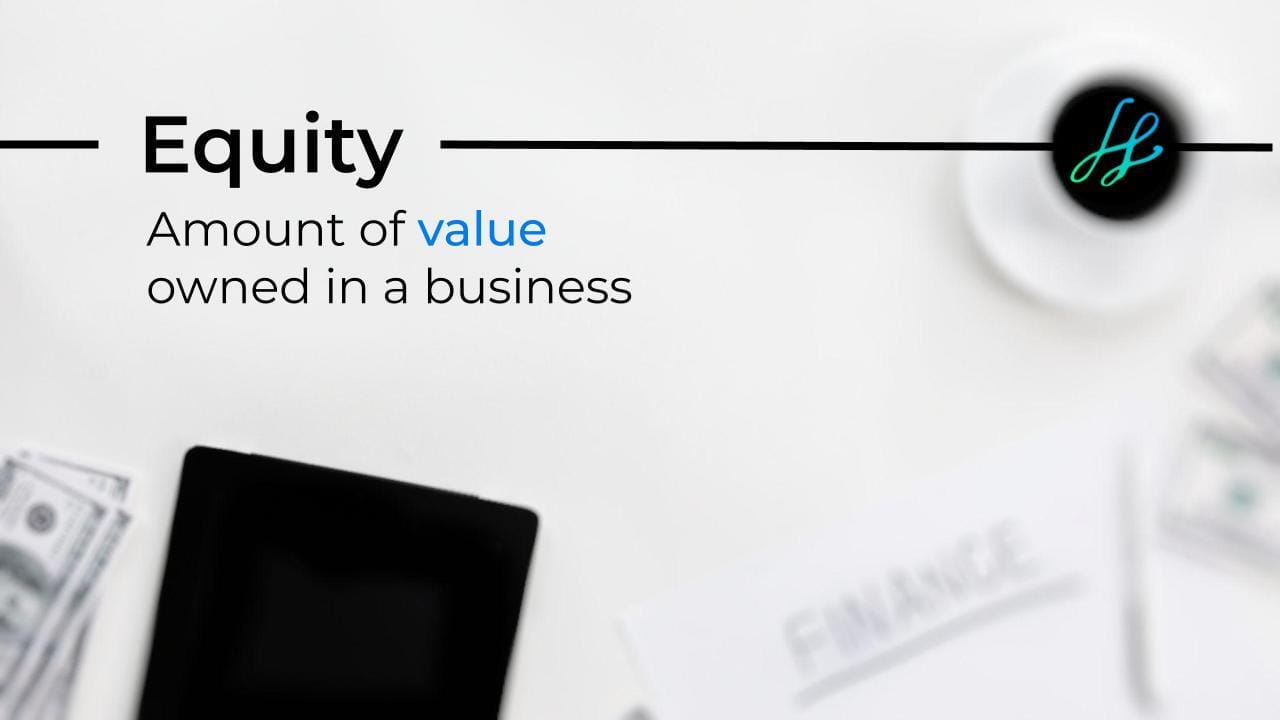- Founder vs Finance
- Posts
- Firstly, First things First
Firstly, First things First
For every startup, the First financial record captures the First Cash Inflow (Capital) invested in exchange for First Ownership (Equity).

Welcome to the Founder vs Finance Newsletter!
Hey Founders,
Welcome to the first edition of the Founder vs Finance newsletter. Here, I share simple tips and insights to help you improve your operating cash flow and financial metrics that attract investors.
This maiden is dedicated to the first financial entry made by any new company – Apportioning Equity (Ownership) to Founders through the issue and allocation of shares (stock) in exchange for capital.
At the back end of January 2023 just as I was jumping on a plane to Kenya and almost as an afterthought, I shared a post on my LinkedIn page on the Rule of 40 and why it is a key metric to investors
I was not expecting what happened next 🤯
The post got almost 1m impressions and 15 leads. I spent most of my flight trying to stay up to date with all the DMs pouring in off the back of this post.
One thing was clear: it’s astonishing how many early-stage startup founders in the ecosystem do not understand how finance works.
From there, I decided to do a deep dive into the world of finance, simplifying key concepts in bite-sized formats, filtering all the topics, and focusing only on what matters to improving your cash flow and the overall financial health of your startup.
So let’s start with one of my favorite topics - and one of the most misunderstood in startup finance by newbies and even some veterans.
Equity
In this edition, I will share the first 10 of 20 key points about Equity that every founder must know.
Equity describes the amount of value owned in a business.
Or to put it another way, it is the amount of capital introduced by owners (shareholders) alongside the business’ retained earnings (profits) from prior years.
That value is defined as the number of shares (stock) outstanding (issued) by the business multiplied by the price per share.
So if a company had issued 1,000,000 shares and the price per share is $40 the business is worth 1,000,000 x $40 = $40,000,000.
In public (stock) markets, this is known as the market capitalization (market cap) of the business.
In a startup, it's the price per share which is hardest to define as shares aren't liquid (easily traded).
This is because there isn’t a liquid or open market for these shares (no regular buyers or sellers) and so the price per share is only ever set when a fundraising event happens.
In public markets, shares trade on a daily basis so there is a market clearing price, as determined by the demand and supply of the shares.
What’s worth bearing in mind is that just because the market has set the price doesn’t mean that the price is right - we saw this during the Gamestop short squeeze in 2021 when a bunch of folks on Reddit memed the price up to punish short sellers.
In a startup you don't sell existing shares (normally), you issue new shares - a primary financing round.
This is something that people really struggle with.
When you launch a startup, you own all the shares, let’s assume 100 shares.
After a while, you decide to raise $1m for 20% of the business.
A lot of people assume that because you are giving shares of the business (which belongs to you) in exchange for funds, then you sell 20 (i.e. 20%) of your shares for that $1m.
“Wrong”
In that instance, the funds would flow to you (as the person offering up his shares) and not the business, as you would be selling your stake.
Instead, what happens is that the % shareholding of the total existing shares becomes 80% in order to accommodate the 20% shareholding for the new investor. Based on this new shareholding ratio, new shares are issued to the investor using this formula.
New shares = New shares ÷ (New shares + Total old shares)
New shares = (100 × 20%) ÷ (1 - 20%)
New shares = 25 shares
Simple right?
Reply